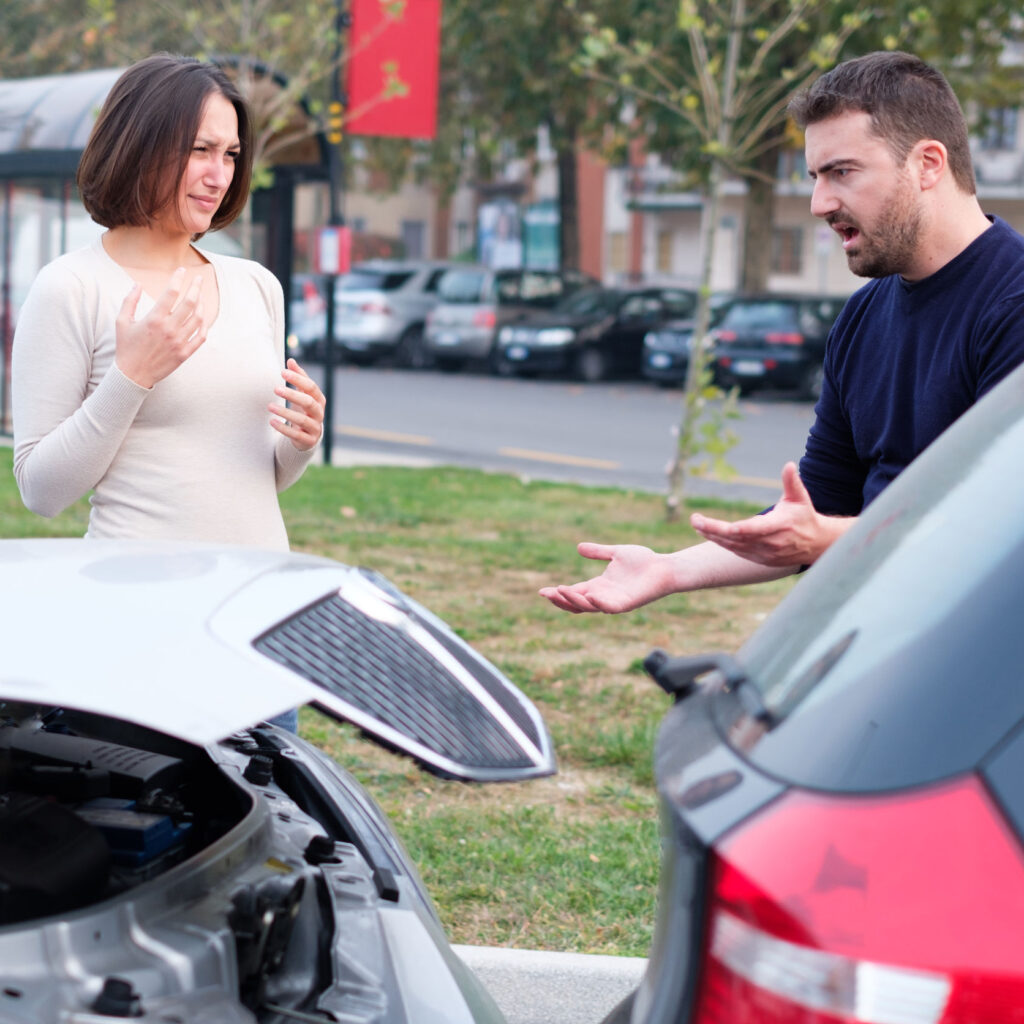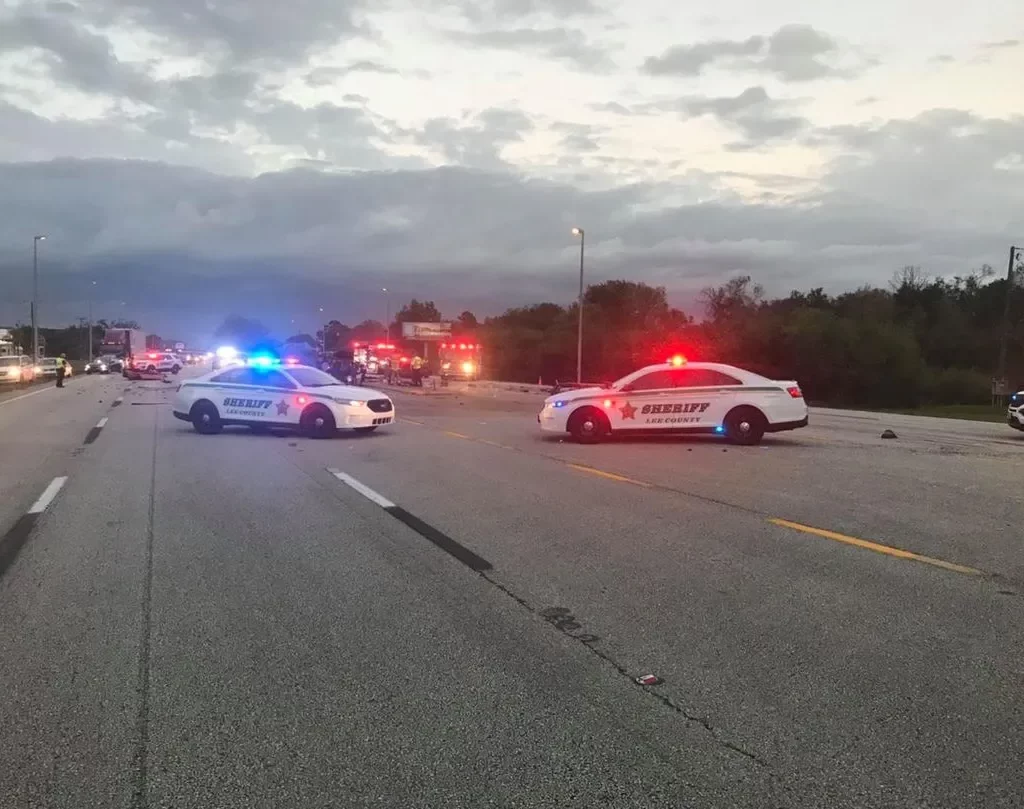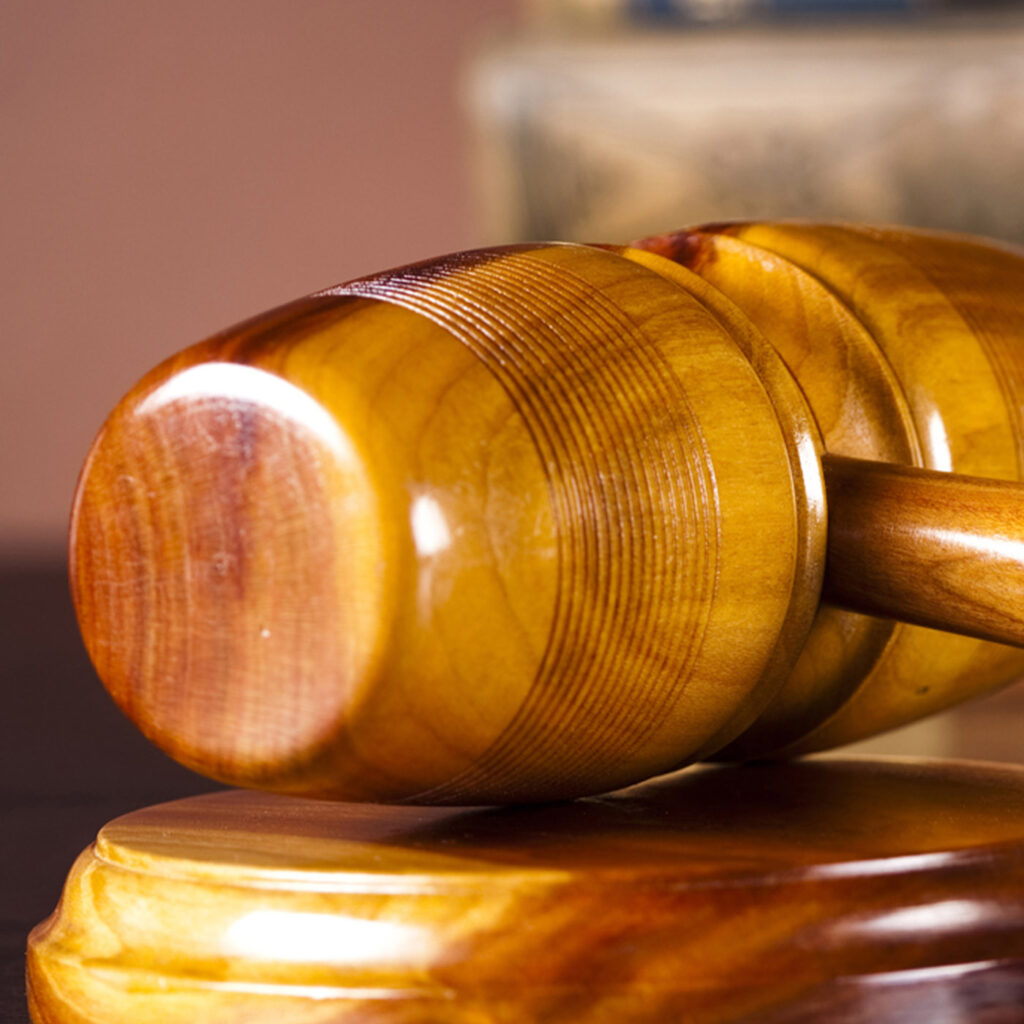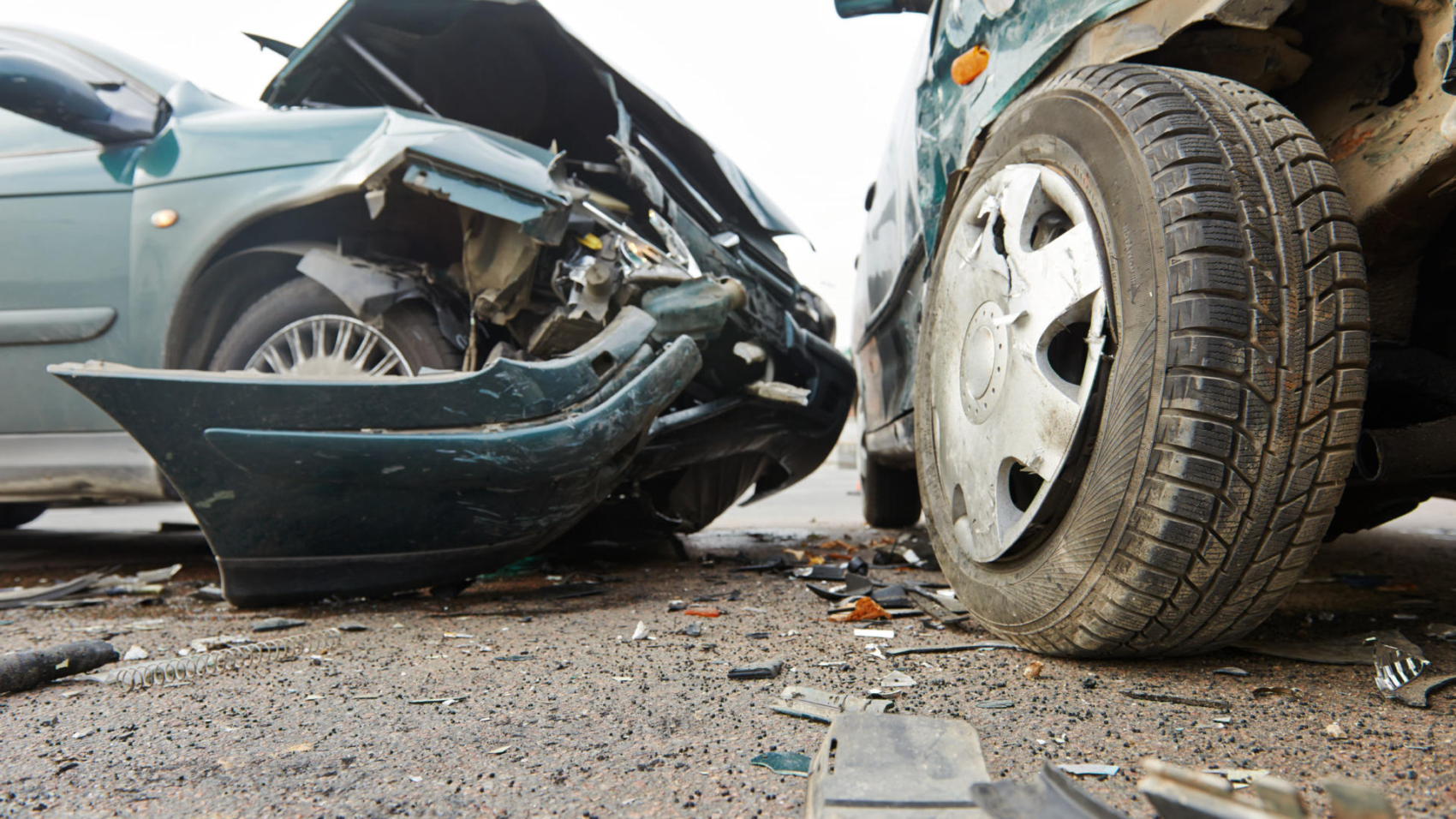While most accidents are caused by another party’s negligence, it is not uncommon for the accident victim to be partially at fault. For example, at the time of an accident, one driver may have been speeding while the other was texting and driving. If the driver wasn’t distracted, they may have been able to avoid the collision.
This case may involve shared liability under Florida’s pure comparative negligence law. Fortunately, you can still file a lawsuit and obtain compensation when you are partially at fault for a car accident that occurs in Florida.

Understanding Florida’s Pure Comparative Negligence Law
Liability in car accidents is conditional on who is at fault. Florida law recognizes that more than one party’s negligence could cause an accident to occur; therefore, it is just to hold each liability party accountable for their portion of fault. Under Florida’s pure comparative negligence law, the recovery you may be entitled to will be restricted based on the percentage to which you were at fault. For example, if you were 20% negligent, then you will only be able to recover 80% of your losses.
The determination of fault is subjective. Even with witness statements, video surveillance, and a police report, no one can fully recount the story of what happened in your accident. A qualified personal injury attorney can analyze every piece of evidence in order to reconstruct the scene and gather specific parameters that may dictate fault.
Can you still make a claim for personal injuries if you are in a car accident and the police says you’re at fault?
Police reports are important but not the final word
In Florida, police officers or traffic investigators respond to car accident scenes to gather statements from the drivers. They make sure everyone is safe and they exchange insurance and contact information. In that way, the police and traffic investigators serve a very important and vital function on our roads.
When police or investigators write their reports, they often find one of the parties to the accident at fault based upon brief investigations at the scene. The investigators’ decisions are based on evidence such as the vehicle damage, the position of the vehicles after impact, skid marks, and witness statements. However, what if one of the drivers lie about what happened? What if you were so injured that you were taken to the hospital in an ambulance and were unable to tell your side of the story? Sometimes the police reports point the finger at the wrong person.
Car insurance companies rely on police reports
If you were injured in an accident and you hire a lawyer and you make a claim against the other driver’s insurance company, they will immediately take a look at the police report. If the police report is unfavorable to you or finds you at fault, they will almost certainly deny your claim. Thus, if the police report finds you at fault for the accident, then it will be more difficult for you to settle your injury claim.
But all is not lost.

Police reports don’t always hold up in Court
Under Florida law, police reports are not admissible as evidence at trial to prove that someone in the accident was at fault. What does that mean for you? It means that you may still be able to win a case at trial by presenting evidence showing that you were not entirely at fault for the accident! In short, the police report is not binding on your case.
Many car accident lawyers shy away from taking cases when their client is at fault in the police report. However, if you truly feel that you were not at fault for the accident, and you were injured as a result, you deserve compensation. That is what the justice system is all about.
In the event, it becomes obvious that in you are at fault for your car accident, depending on the severity of the accident, it may not be as grim an outcome as you might think. Although there will obviously be financial costs even in a minor car accident.

Florida No-Fault Car Insurance System
Even if you’re at fault for the car accident, providing the accident was minor, you won’t have a lot to worry about because Florida is one of a dozen jurisdictions that follows a no-fault automobile insurance system.
The no-fault automobile insurance system in Florida requires drivers involved in an accident to first use their own insurance coverage for medical and other expenses that result from the accident, irrespective of fault. This doesn’t mean that you will not have to deal with a personal injury or liability claim. If a party is injured in the car accident and incurs serious medical expenses, the claim will go outside of the no-fault system.
Automobile Insurance Coverage
Car insurance can be quite expensive. There are many factors that go into calculating your rate, such as driving history, type of vehicle your insuring, your credit score, and several others. In the event that you are carrying a substantial car insurance policy at the time of your car accident, in all likelihood your insurance carrier will defend claims made against you even if you were the one at fault. The down side if you were at fault is that it is certain that your rates will increase. If on the other hand your policy did not cover the full extent of the claims from the car accident, you may be personally liable for the difference.
If you do not have car insurance and you were the cause of the accident, you will be liable personally for any of the injuries to the other party stemming from the accident.
If you have been injured in a car accident, hiring a lawyer will help ensure you make decisions and take actions that help protect your rights and your ability to recover all of your damages. At The South Florida Injury Law Firm, we never charge an initial fee or cost to sit down with you and talk about the different types of auto accident coverage is available, the coverage you may have in place and what it will and will not cover and any other questions you may have about your auto policy. We would be happy to sit down and discuss your auto insurance coverage at any time




